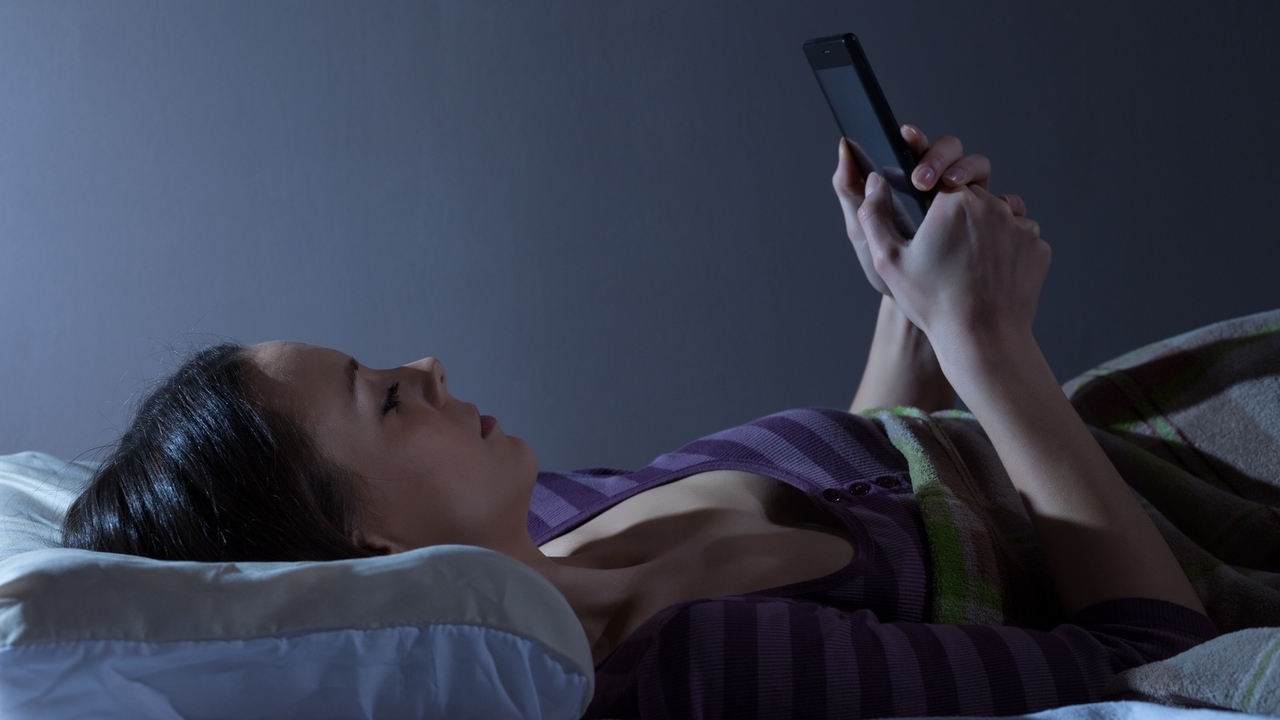If you are having trouble sleeping at night, it may be because of your medications. These medications may cause insomnia, nighttime awakenings and daytime fatigue.
Some medications may disrupt your rapid eye movement (REM) sleep or result in daytime jitters. Other possible effects include nightmares, increased nighttime urination, and painful cramps in your calf muscles while you are asleep.
If you are experience difficulty sleeping or insomnia and are taking one of these medications, talk to your doctor.
Medications for Psychiatric Conditions
Several medications for psychiatric conditions can interfere with your sleep. For example, selective serotonin reuptake inhibitors (SSRIs), which may be prescribed to treat anxiety or depression, may cause daytime fatigue or decrease the amount of REM sleep during the night. Examples include sertraline (Zoloft) and fluoxetine (Prozac).
Certain medications for attention deficit hyperactivity disorder (ADHD), which includes symptoms of inattention, hyperactivity and impulsiveness. These include sympathomimetic stimulants, such as methyphenidate (Ritalin) and dextroamphetamine (Dexedrine). Stimulants also affect REM sleep, causing non-REM deep sleep and decreased REM sleep.
Medications for Heart Problems
Several types of medications for high blood pressure can result in sleeping difficulties. Examples include diuretics, clonidine and beta blockers. Beta blockers may also be prescribed to patients with angina or heart rhythm problems. Another medication for heart rhythm problems that can cause trouble sleeping is anti-arrhythmics, such as quinidine (Cardioquin).
Medications for Asthma
Different medications for asthma may interfere with sleep. For example, theophylline can cause wakefulness that is similar to that caused by caffeine, according to Harvard Medical School. Corticosteroids can also cause insomnia, as well as daytime jitters.
Medications with Alcohol and Caffeine
Medications that contain either alcohol or caffeine may result in sleeping difficulties. Medications for the flu or cold, such as Nyquil, can interfere in REM sleep. Caffeine-containing medications can cause wakefulness for a period of six to seven hours, according to Harvard Medical School. Examples include NoDoz and Caffedrine for decreased alertness and Excedrin and Midol for headache and pain.
Other Medications
Medications for other disorders may affect your sleep. Anticonvulsants for epilepsy, synthetic thyroid hormone for hypothyroidism, and nicotine replacement products for smoking cessation may cause trouble sleeping. Sedating antihistamines, which treat motion sickness and symptoms of allergies and colds, may cause drowsiness.
References
Better Health Channel. Sleep Deprivation. Web. 23 February 2012
http://www.betterhealth.vic.gov.au/bhcv2/bhcarticles.nsf/pages/Sleep_deprivation?OpenDocument
Cleveland Clinic. Insomnia in Children. Web. 23 February 2012
http://my.clevelandclinic.org/disorders/sleep_disorders/hic_insomnia.aspx
Harvard Medical School. Medications That Can Affect Sleep. Web. 23 February 2012
http://www.health.harvard.edu/newsletters/Harvard_Womens_Health_Watch/2010/July/medications-that-can-affect-sleep
Reviewed February 23, 2012
by Michele Blacksberg RN
Edited by Jody Smith





Add a CommentComments
There are no comments yet. Be the first one and get the conversation started!